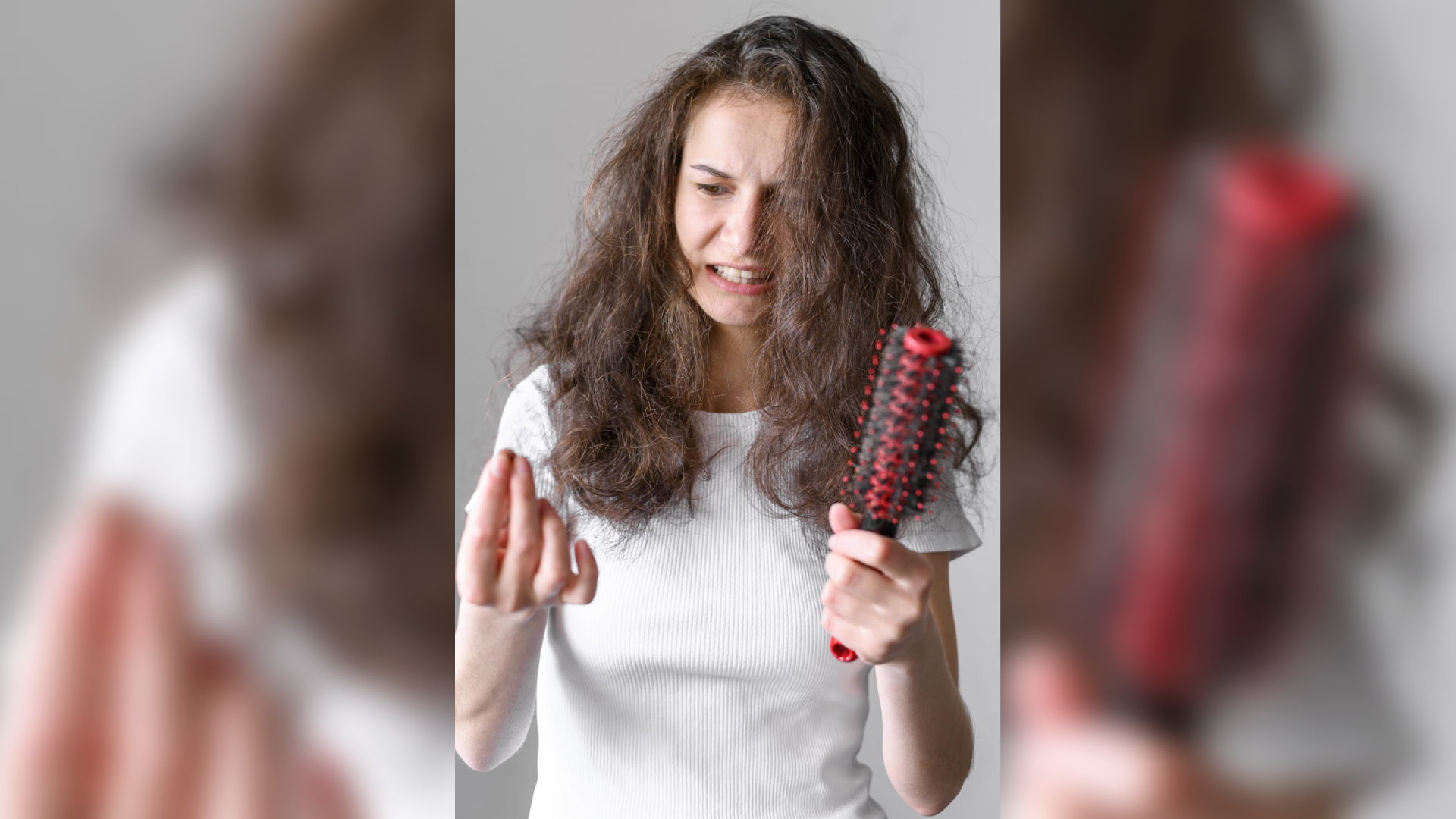

I’m having a bad hair day so I’ve decided to just stay home.” Does this sound familiar? Surely many of us have experienced such “days”. There is no doubt that our hair is our crowning glory and plays a significant role in elevating our beauty and confidence. Women all over the world spend considerable amounts of money yearly on hair care and hair products. According to the Statista Market Forecast, the Hair care market worldwide is projected to generate revenue of US $93.74 billion in 2024.
So imagine what would it mean to lose something that is so essential in maintaining our personality. Hair loss has consistently been cited as a major factor in the development of depression, anxiety and social phobia in women. A study was conducted by the Journal of the American Medical Association (JAMA) involving more than 6 million people exploring the relationship between hair loss and depression. The authors found that individuals with hair loss have a 34% higher risk of developing major depressive disorder.
Is there a method to determine hair fall? A dermatologist will ask questions, examine the scalp and gently tug at the hair strands to check if hair is prone to breakage. The American Academy of Dermatology note that it is normal for a person to lose 50 -100 hairs each day. Losing any more hair is considered as hair loss or Alopecia
—and this can affect women at any stage of their life.
Let’s take a look at the possible causes, which lead to hair fall.
Infections:
Certain viral, bacterial or fungal infections can cause damage to the hair follicles leading to hair loss. A very
common skin condition like Dandruff makes the scalp itchy, which weakens and thins out the hair.
Dietary changes:
Women often adopt strict dietary patterns to achieve rapid weight loss leading to fallout of otherwise healthy
hair.
Stress/Mental health:
Stress can cause mental health problems. When it comes to dealing with psychological or physical stress,
women being the more sensitive gender tend to experience moderate to severe hair loss as a result.
Hormonal changes:
Throughout their lives, females undergo a lot of hormonal changes such as PCOS, pregnancy, use of birth control pills and menopause — all leading to hair loss. However most of it is reversible as the hormonal imbalance is restored.
Poor health, deficiencies and medications:
Losing hair or going bald can be an indicator of health conditions including hypertension, anemia, heart disease and even cancer. It is common knowledge that undergoing chemotherapy or radiation therapy causes major hair fall out. Also deficiencies of Vitamin D, Vitamin E, biotin, iron, zinc and proteins result in hair loss.
Genetics:
Regardless of age, some women can inherit genes from one or both parents and develop female pattern hair loss. Female pattern hair loss or Androgenetic Alopecia is the most significant cause of hair loss in women, and affects approximately 30 million women in the U.S., according to Nebraska Medicine.
Physical trauma:
Sometimes our bodies are unable to handle the stress of a severe accident, major surgery or shock and
susceptible individuals lose hair.
Hair treatments and Hairstyles:
Surprised? Well, going to a salon and getting hair treatments certainly help boost our self esteem but sometimes the long term use of bleaches, dyes, relaxers or perming solutions have harsh and adverse effects on our hair. Similarly, tight ponytails, buns, weaves or hair extensions may not be suitable for everyone and cause our precious locks to fall out.
Once it is established that hair loss is taking place, it is best to make an appointment to visit a dermatologist. Physical examination, history and/or some essential blood tests will help determine the cause and adequate treatment can be given. Relying only on home remedies and over the counter medications may actually worsen the condition or simply not work at all. Having said that a few basic tips will help in maintaining a decent hairline.
Last but not the least, invest in your hair. It is the crown you never take off.


All Rights Reserved © 2025 Femmerepublica. Powered by TechWrath